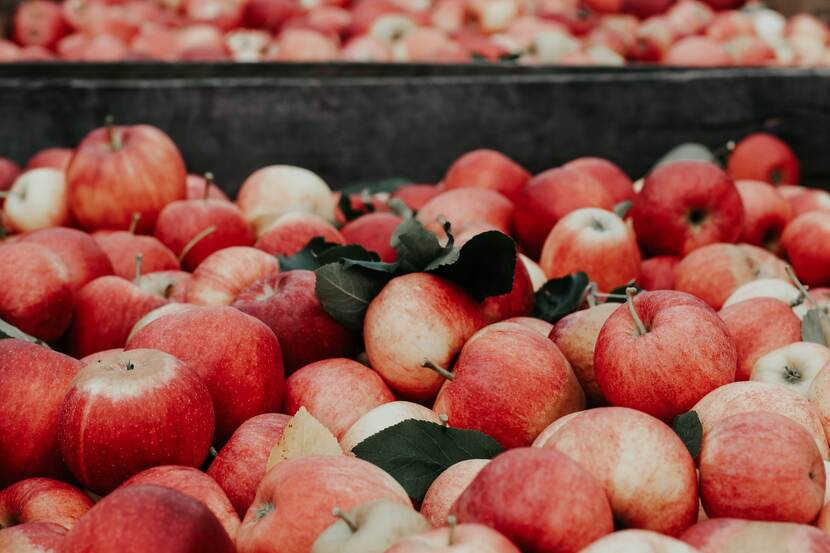The Serbian Government puts a price cap on basic foodstuffs
Inflation is getting serious – And the Ministry of Trade decided on a new policy to answer it.
| The LAN Budapest-Belgrade team presents:
Farminar 3 - Organic Waste Utilization: From Trash to Treasure Re-using organic waste and sidestreams is paramount to combatting climate change but it can also generate extra profit for the primary and secondary sectors. The Farminar 3 webinar will provide an overview of organic waste streams in Hungary, review the theoretic and practical approaches to the utilization of organic waste and provide a platform to exchange best practices in the field of circular organic waste re-usal. Date, location: December 14, 14:00-15:15 CET (UTC+1), online (via Zoom)How to register: Send an email with your name, organization and email address to bdp-lnv@minbuza.nl |

Upon the suggestion of the Ministry of Trade, the Serbian Government introduced a regulation on limiting producer as well as wholesale and retail prices for 5 basic foodstuffs for 60 days.
Minister of Trade Ms. Tatjana Matic said that the Government would extend this measure after the deadline if necessary. The price limit applies to sugar, T-400 type flour, sunflower oil, pork leg and UHT milk with 2.8% milk fat. “By introducing this regulation, the prices of the above-mentioned products in the next 2 months must not exceed the price level of November 15 of this year,” Ms. Matic expalined.
The Minister added that the measure was necessary in order to protect the citizens’ standard of living, since in the structure of daily consumption of food products, the largest part of the costs refers to the items covered by this decision.
According to the Serbian government, the food price cap regulation is a reaction to news of the price increase of basic foodstuffs, as well as raw materials, some of which are at their 10-year high.
The government’s decision stipulates that the producers must not deliver these products in quantities less than the average of the last 12 months. Violations can be fined for an amount between €850 to €17.000. In addition, noncompliance can be penalized by a ban on activities for a period between 6 and 12 months.
Professor of Economics at the FEFA Faculty in Belgrade Mr. Goran Radosavljevic commented that on the decision that the Serbian government’s strategy was lacking the measures that a well-thought-out policy designed to fight inflation would include.
Professor Radosavljevic told the Beta news agency that the problem of the Government is that it first denies certain problems, and then, due to lost time, makes decisions that have much bigger consequences than timely reactions would have had.
“When inflation was 4.5%, they acted as if it did not exist, and when it rose to 6.6%, they admitted the issue. However, in these circumstances, it is necessary to react by using the Commodity Reserves, and if that doesn't work, decide on the following measures,” said Professor Radosavljevic.
The professor also added that he wondered what the Government would do in two months’ time when the deadline for freezing prices will expire and inflation does not stop, since apparently it cannot while prices are rising even faster.
“I do not know what purpose do the Commodity Reserves serve and what they contain. They should be used to stop large price fluctuations, to buy goods when there are surpluses on the market and to generate demand, or react to fluctuations by releasing basic products when prices rise,” the professor explained and reiterated that the price limitation is applied when all other measures have been exhausted.
***
In other news,

Hungary Newsflash Week 48
A massive investment into apple production and processing, fall harvest and sowing numbers from the fields, a new Hunarian feed innovation that might just replace livestock antibiotics and the bakery industry's realization that winter is coming - The week in Hungarian agriculture

Serbia Newsflash Week 48
Harvest and sowing figures, IPARD subsidy news, agro digitalization, a fertilizer trade decision, nature conservation efforts and another eco-protest in Belgrade – The week in Serbian agriculture